Key GST lessons from the world
The long march to implement the long-awaited Good and Services Tax in India has just begun. It is instructive to understand how other countries introduced this tax and cherry-pick lessons from their experiences
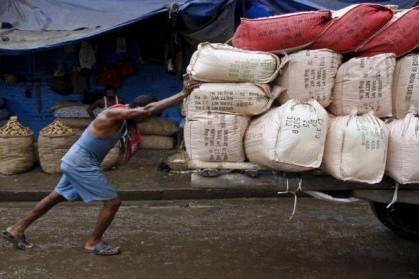 Courtesy: Reuters
Courtesy: Reuters
The long march to implement the long-awaited Good and Services Tax in India has just begun. It is instructive to understand how other countries introduced this tax and cherry-pick lessons from their experiences
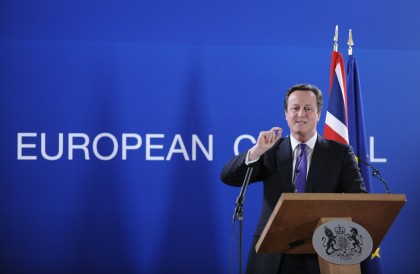 Courtesy: ukrep.be
Courtesy: ukrep.be
As the referendum on the UK’s membership of the EU draws near, predicting the outcome remains difficult. While the potential impact of Brexit on the UK has been discussed at length, a vote to stay in the EU could have implications for the UK’s domestic political situation as well as its future relationship with the EU.
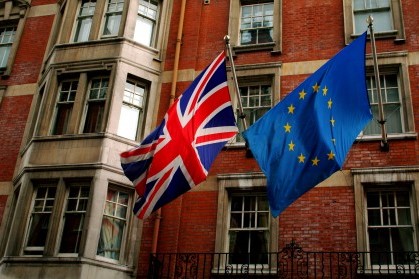 Courtesy: Wikipedia
Courtesy: Wikipedia
On June 23, the United Kingdom will vote on whether they wish to remain a part of the European Union through the Brexit vote. The debate surrounding the vote has spurred many a heated and emotional debate. While the Indian government has not declared anything publicly - remaining in the EU would be beneficial to Indian businesses.
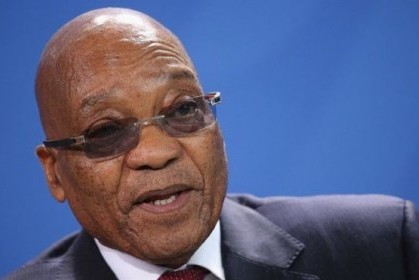 Courtesy: BBC
Courtesy: BBC
At present, South Africa finds itself charting political and economic policy uncertainties. This is not to suggest that the domestic political crisis will see different trajectories unfolding with regard to its BRICS/IBSA engagements, or on a broader foreign policy path, but it will have repercussions at the international level, in terms of investor confidence, credit ratings, and currency volatility. Pretoria will face constant pressure to be seen as a credible actor, especially when it comes to its African identity.
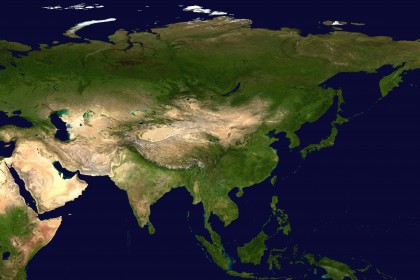 Courtesy: Wikipedia
Courtesy: Wikipedia
Prime Minister Modi’s term has been marked by a resolve to improve cooperation among South Asian nations. These proactive efforts can bear rich fruit if the Modi government promotes the concept of geoeconomic and geopolitical equations being seen through the lens of bioregions. There are significant precedents which the Modi government can build upon
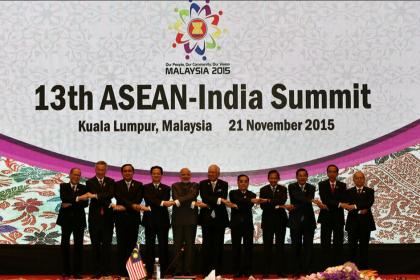 Courtesy:
Courtesy:
In two years, the Modi government’s Act East Policy has gone well beyond the focus on economic ties of its predecessor, the Look East Policy. It has made progress on many wider fronts, including connectivity and defence collaboration. India must now build on this success and further consolidate relations and trade links with ASEAN and beyond
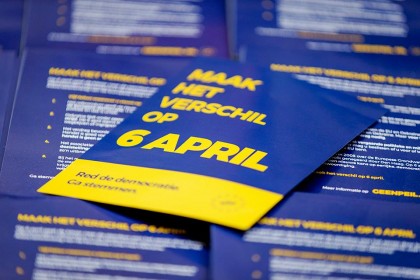 Courtesy: GeenPeil
Courtesy: GeenPeil
The recent referendum in the Netherlands on the European Union’s Association Agreement with Ukraine raises important questions about the EU’s ability to reconcile ostensibly popular national opinion with the principles of a multi-nation political union.
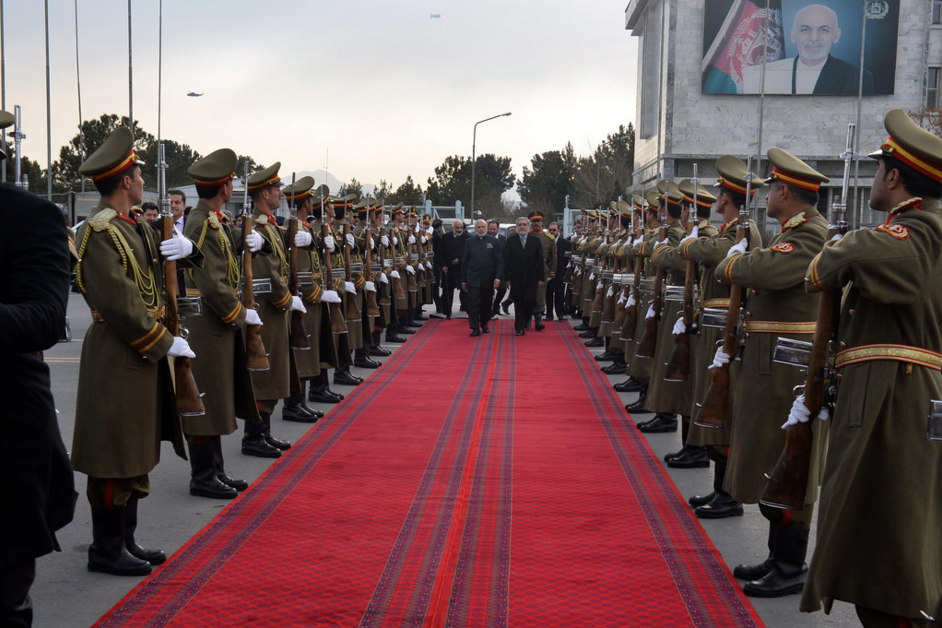 Courtesy: Ministry of External Affairs / Flickr
Courtesy: Ministry of External Affairs / Flickr
A more robust foreign policy initiative is required for India to be seen as a serious player in the future of Afghanistan. Building dams and roads has ensured its presence as a partner in rebuilding the country, but its conservative handling of Afghan issues must be challenged, perhaps by following the Iran route, to push forward its geostrategic interests.
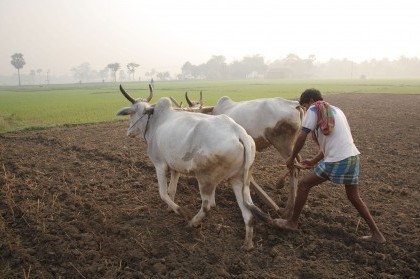 Courtesy: Wikipedia
Courtesy: Wikipedia
With the increase in allocation to the agriculture sector in Budget 2016, the Modi government has revealed a renewed tilt towards rural India. How this financial roadmap will lead to revitalizing agriculture and developing rural India will depend on the politics.
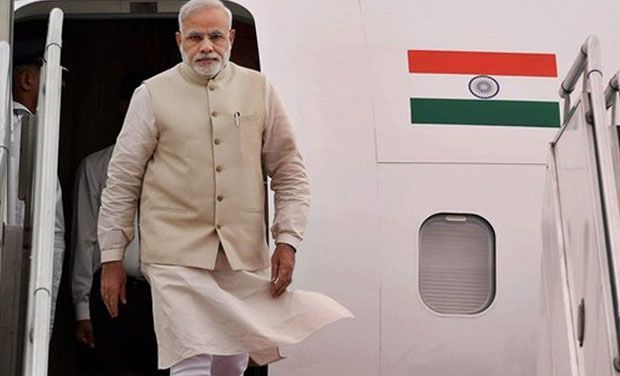 Courtesy: PTI
Courtesy: PTI
Prime Minister Modi's energetic foreign policy and travel has focused on attracting foreign investments. But the task of translating commitments into investments on the ground rests with the Ministry of External Affairs. And the MEA needs greater resources to realise the benefits of Modi's deepening economic diplomacy abroad.